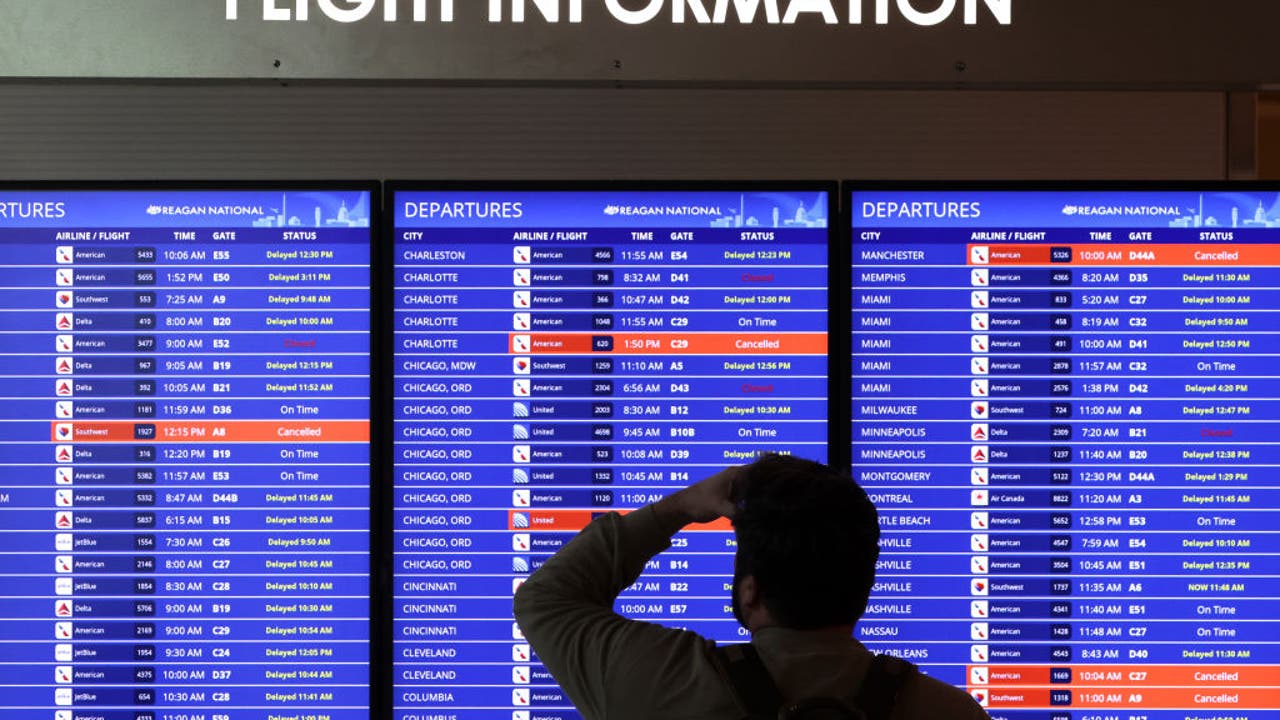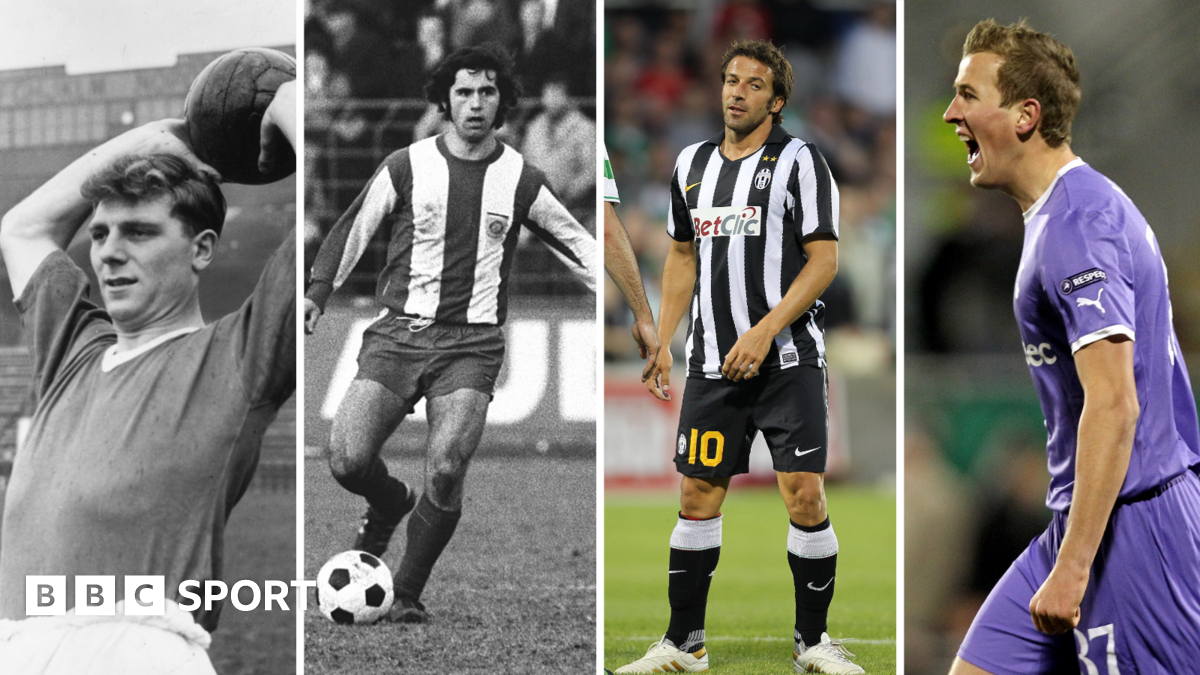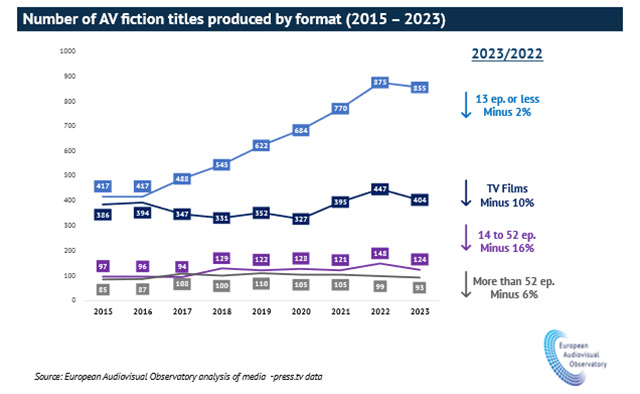Football
What has European football ever done for us?
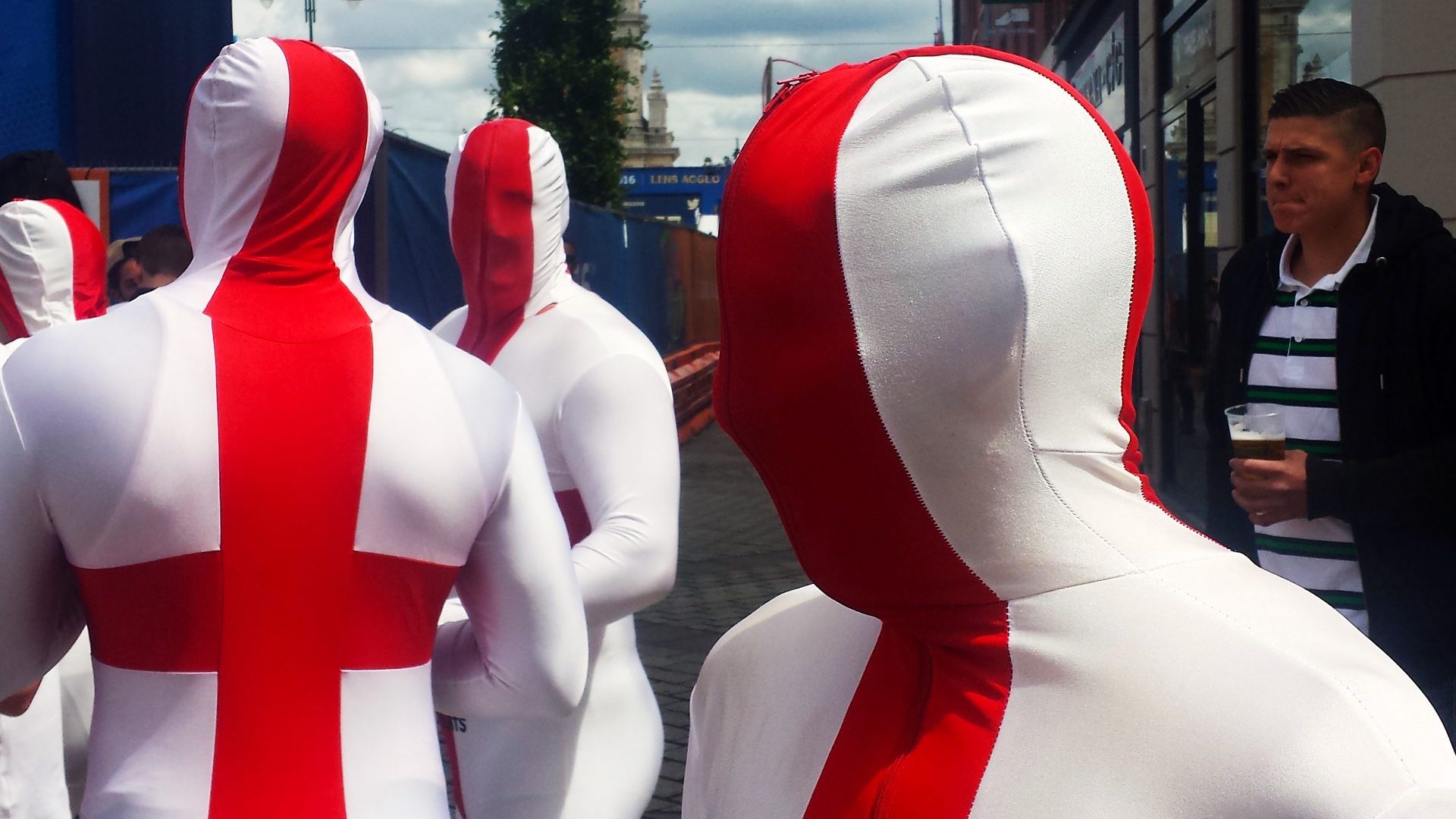
Now the European Championship is upon us once again: 24 national teams from all over the continent – and 109 of the players in the preliminary squads play their domestic football in England. No other nation has so many. When it comes to being European, England are numero uno.
Germany, the host nation, have Kai Havertz of Arsenal. Spain have Rodri of Manchester City. Italy have Jorginho of Arsenal. Portugal have Bruno Fernandes of Manchester United. The Netherlands have Virgil van Dijk of Liverpool. France have William Saliba of Arsenal.
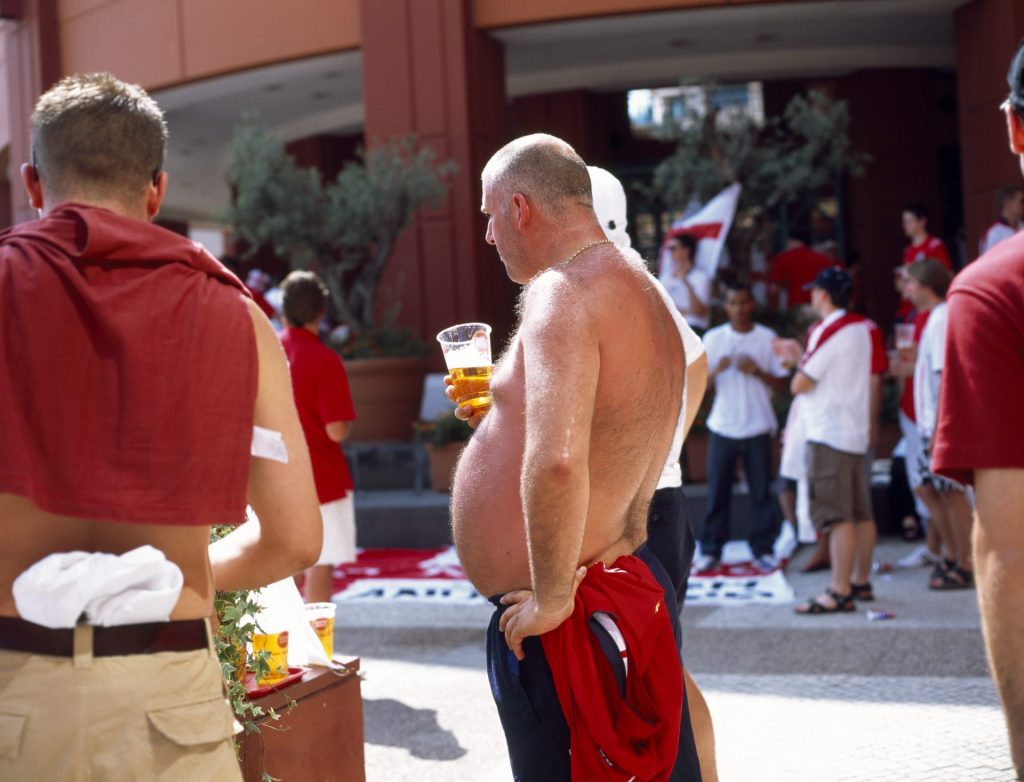
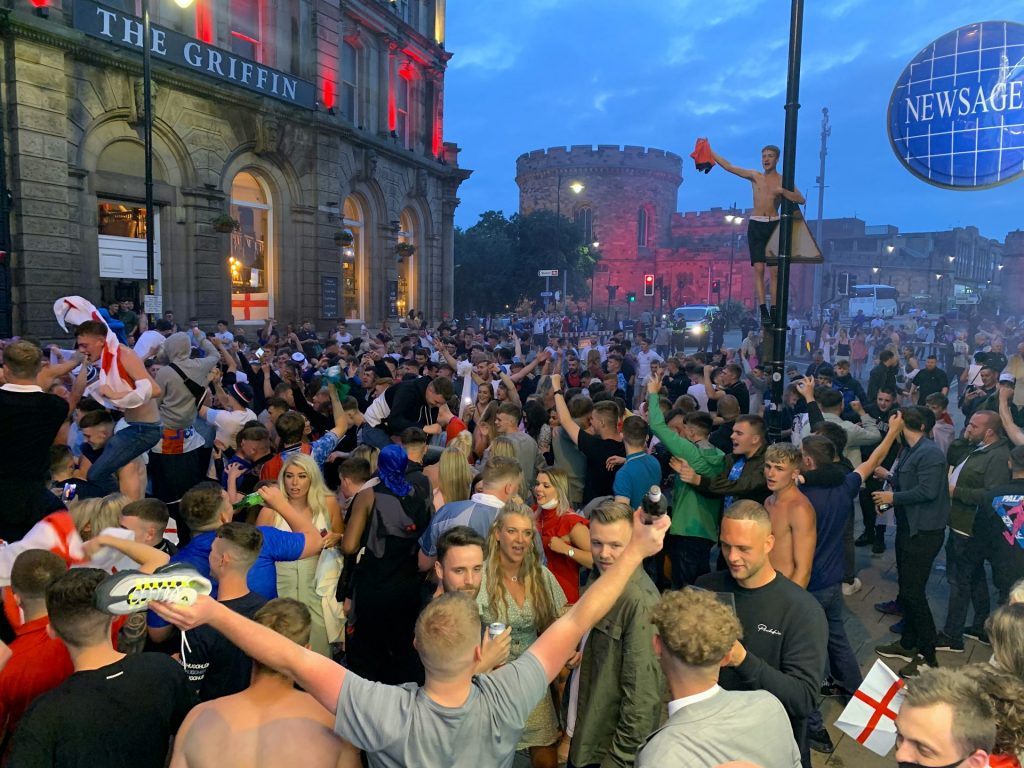
The Europeanisation of English football has gone very deep. The Ukraine captain, Oleksandr Zinchenko, plays for Arsenal. Tomáš Souček of Czech Republic plays for West Ham United. Saša Lukić of Serbia plays for Fulham. So does Armando Broja of Albania.
It makes me nostalgic for the days when I filed live copy on the telephone with thousands of fans yelling in my ear: “Watford’s winner came from their Georgian player Giorgi Chakvetadze – usual spelling please, copy-taker…”
In 1930, Arsenal manager Herbert Chapman tried to sign the Austrian goalkeeper Rudi Hiden. And there was outrage.
“Repulsive”… and more penetratingly “a terrible confession of weakness”. England didn’t want foreign footballers. What would be the point?
A law was passed to keep them out: you could only play after a two-year residency. One or two, like George Robledo of Chile and Newcastle United, fulfilled this condition; in 1951-52 he was Division One’s top scorer with 33 goals.
Bert Trautmann of Germany did his residency in a prisoner-of-war camp; he became Manchester City’s goalkeeper and broke his neck in the 1956 Cup Final. He played on and made crucial saves as City won.
England were so sure of their superiority to the rest of the world that they didn’t bother to enter the first three World Cups. They finally decided to turn up in 1950 – and were famously beaten by the United States.
But that was a blip, wasn’t it? In 1953 England or Britain climbed Everest, crowned a queen and took on Hungary, the acknowledged leaders of world football. England lined up with Billy Wright, Alf Ramsey and Stanley Matthews, facing a team that included Ferenc Puskás: “Look at that fat chap!” said one England player.
England were a goal down after 57 seconds. They lost 6-3. Syd Owen, the centre half, said: “It was like playing people from outer space.” Geoffrey Green, football correspondent of the Times, wrote after England lost 7-1 to Hungary in Budapest the following year: “They have probably showed at this point of time as great a mastery over a football as any team in history.”
The notion that English football was by definition superior to every other kind died with those matches against the Marvellous Magyars. But a revised version of the English way could be successful.
Ramsey, now England manager, said of Brazil in 1970: “We have nothing to learn from these people.” Just after Brazil had beaten England.
The line has been misunderstood. Ramsey meant that there was no future in trying to be Brazil: a winning method must be formed in the English style with English players. His team won the World Cup of 1966 by way of method, organisation, sound defence, no wingers and the nonpareil Bobby Charlton.
It was the English way. Glenn Hoddle, former Tottenham and England midfielder, later England manager, said: “Unlike the Brazilians, we start looking for faults as soon as we recognise a player’s skill… of course, the runners and tacklers are part of the game, but people don’t have a go at them if they can’t play 40-yard balls or go past three men at a time.”
Bobby Robson built England’s team of the 1980s around the familiar virtues of Bryan Robson rather than Hoddle’s more exotic talents. “It might be worth taking a chance on a midfield player whose principal asset is not his lungs,” observed the Tottenham Hotspur coach Peter Shreeves.
In 1978, the European Community passed a new law: no nation could turn away a footballer on the basis of nationality. After almost 50 years, England were permitted foreign footballers again, and in came Ossie and Ricky: “At the time English football was very insular,” Ardiles said. “There was one way to play and it was not particularly our style.”
They were always outliers. To make it worse, football became a pariah sport, English clubs banned from Europe after deadly violence at Heysel Stadium in Brussels while Margaret Thatcher tried to introduce mandatory identity cards for football fans.
It all changed in 1990. England had a great run at the World Cup. It was in Italy, so matches were at friendly times for England. Television coverage began with Pavarotti singing Nessun dorma, but it was football itself that was on song. Vincerò! Vincerò! Vincerò!
Football was cool. Football was stylish. Football was sophisticated. And suddenly football was making money. In 1992 the Premier League began, freeing up the top clubs to make money and spend it. The previous season, Leeds United had won the league with belated but decisive help from a difficult but talented Frenchman: Eric Cantona.
Leeds got fed up with him and sold him to Manchester United for £1m, perhaps the best deal in the history of English football. Cantona transformed the club, the league and English football. Roy Keane, club captain, said: “Collar up, back straight, chest stuck out, he glided into the arena like he owned the place.”
Manchester United followers started wearing shirts bearing Cantona’s number seven, but not his name. They substituted the word DIEU. United basked in his swagger, his skill, his goals, his certainty.
Then came Jürgen Klinsmann of Germany. He was signed by Spurs and came with a reputation as a cheat – a diver. But he turned out to be brilliant, charming and funny, disarming the tabloids at his introductory press conference by saying he was looking to join a local diving school.
Klinsmann made his debut at Sheffield Wednesday; I was there. He scored the winner with a thunderous header, ran across the pitch – and dived. Headlong. His team-mates did the same; Klinsmann scored 30 goals in the season.
And after that, foreign players were part of the fabric of English football. Middlesbrough signed both Juninho of Brazil and Fabrizio Ravanelli of Italy. In 1996, Arsenal appointed a Frenchman, Arsène Wenger, as manager, and he built a superb team around two French players, Patrick Vieira and Thierry Henry.
By now the Premier League had established itself as the richest league in the world and its global audience expected to watch the best players in the world. It was no longer odd to find a team sheet full of names you couldn’t pronounce, or to watch an English club side without a single player qualified to play for England.
Who are the great players of the Premier League’s 32-year history? Any debate would have to include Henry, Cantona and Vieira, along with Kevin De Bruyne and Vincent Kompany (both Manchester City and Belgium), Nemanja Vidić (Manchester United and Serbia), Dennis Bergkamp (Arsenal and the Netherlands), Cristiano Ronaldo (Manchester United and Portugal), Gianfranco Zola (Chelsea and Italy) and Peter Schmeichel (Manchester United and Denmark).
English football was for years determinedly isolationist, and that reflected the national mood. We fear most what we don’t know, after all. But when foreign players arrived and started winning games for their clubs they became not only good fellows but one of us, one of our own: not admired but loved.
Britain entered the European Union in 1973, when football was still resistant to foreigners. But, bit by bit, things changed. English football doesn’t just have non-English players: it now has English players who play the intelligent, tactically aware and technically skilful football traditionally associated with the continent of Europe rather than islands of Europe Minor.
Manchester City, coached by Pep Guardiola of Spain, is perhaps the most perfect team football has ever produced, and their England players – notably Phil Foden, John Stones and Kyle Walker – bring their skills to the England team. It’s the norm.
England is a hotbed of European ideas, European practice, European values. English football’s more ancient traditions were based on fear and ignorance: the sport was pro-Brexit long before the term was invented… but it has all changed.
Football is now the most committed example of the Remainer philosophy in English public life. If you seek the values of Europe on the shores of old England, turn to football.

